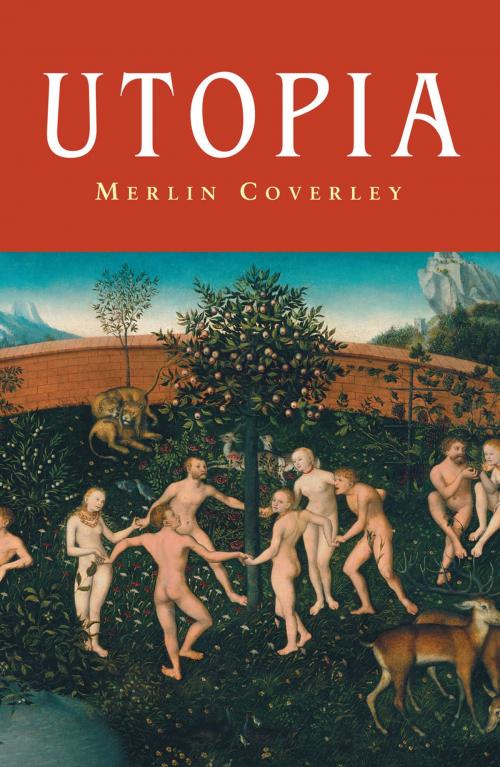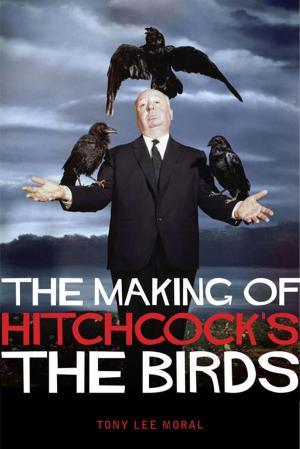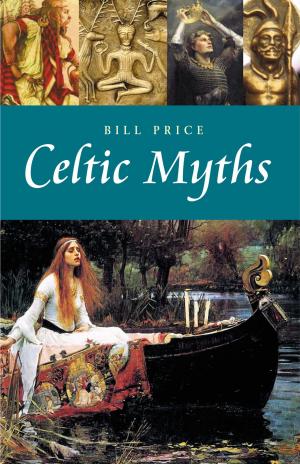| Author: | Merlin Coverley | ISBN: | 9781842438732 |
| Publisher: | Oldcastle Books | Publication: | June 17, 2010 |
| Imprint: | Pocket Essentials | Language: | English |
| Author: | Merlin Coverley |
| ISBN: | 9781842438732 |
| Publisher: | Oldcastle Books |
| Publication: | June 17, 2010 |
| Imprint: | Pocket Essentials |
| Language: | English |
For more than 2,000 years utopian visionaries have sought to create a blueprint of the ideal society—from Plato to H. G. Wells, from Cloudcuckooland to Shangri-La. The utopian impulse has generated a vast body of work, encompassing philosophy and political theory, classical literature, and science fiction; yet these utopian dreams have often turned to nightmare, as utopia gives way to its dark reflection, dystopia. Taking the reader on a journey through these imaginary worlds, this work charts the progress of utopian ideas from their origins within the classical world to the rebirth of utopian ideals in the Middle Ages. Later we see the emergence of socialist and feminist ideas; while the 20th century was to be dominated by expressions of totalitarian oppression. Today it is claimed that we are witnessing the death of utopia, as increasingly the ideals that give rise to them are undermined or dismissed. These arguments are explored and evaluated here, as are contemporary examples of utopian thought used to demonstrate the enduring relevance of the utopian tradition.
For more than 2,000 years utopian visionaries have sought to create a blueprint of the ideal society—from Plato to H. G. Wells, from Cloudcuckooland to Shangri-La. The utopian impulse has generated a vast body of work, encompassing philosophy and political theory, classical literature, and science fiction; yet these utopian dreams have often turned to nightmare, as utopia gives way to its dark reflection, dystopia. Taking the reader on a journey through these imaginary worlds, this work charts the progress of utopian ideas from their origins within the classical world to the rebirth of utopian ideals in the Middle Ages. Later we see the emergence of socialist and feminist ideas; while the 20th century was to be dominated by expressions of totalitarian oppression. Today it is claimed that we are witnessing the death of utopia, as increasingly the ideals that give rise to them are undermined or dismissed. These arguments are explored and evaluated here, as are contemporary examples of utopian thought used to demonstrate the enduring relevance of the utopian tradition.















